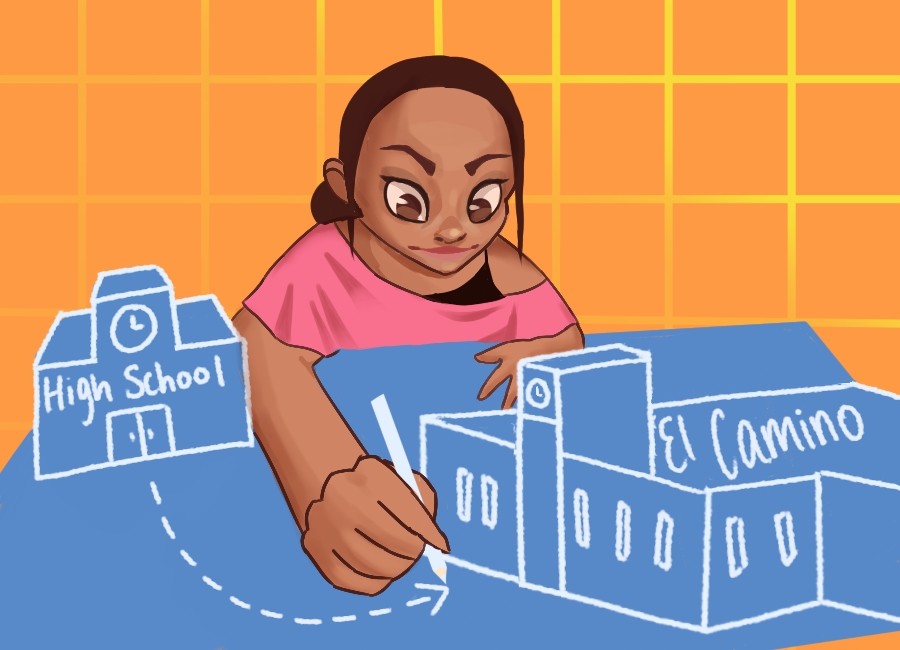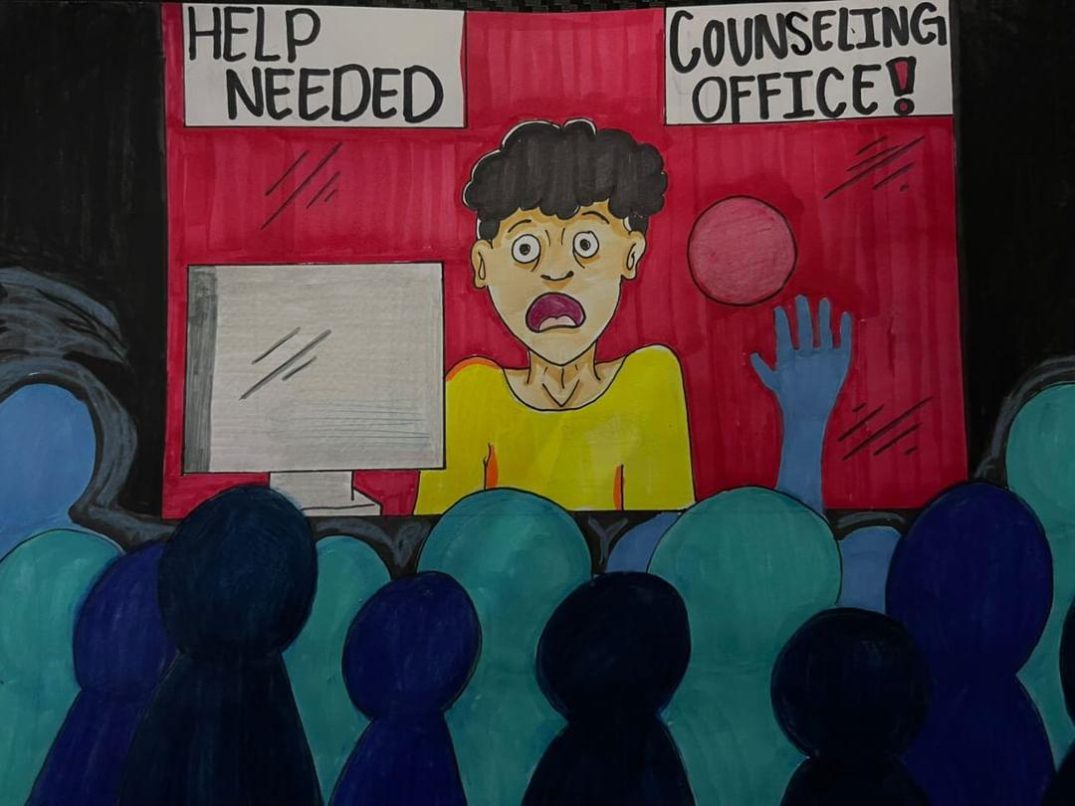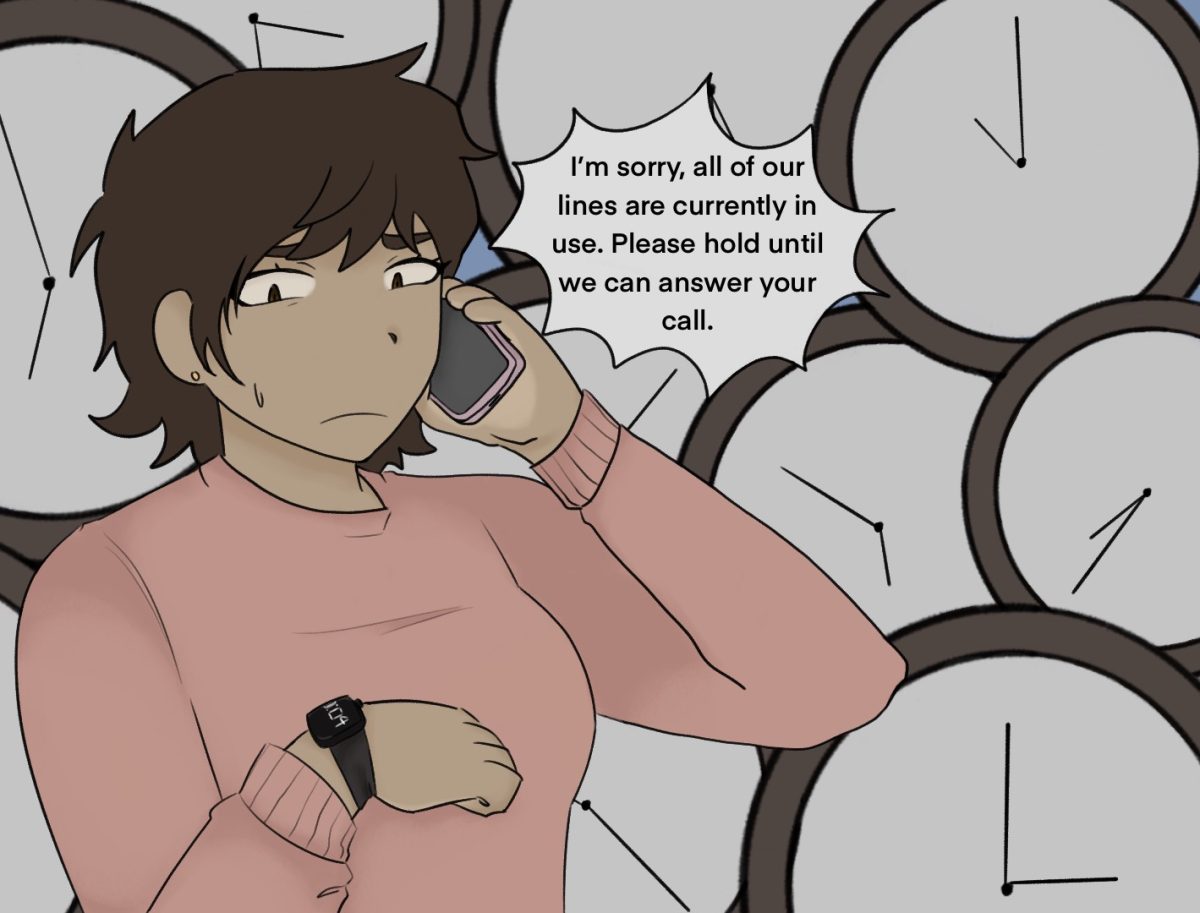Growing up together, with only an 11-month difference in age, my sister and I were almost alike in everything to the point that we could pass off as twins. But despite the similarities, there is a different mark of maturity that separates us. Being the eldest, she’s more responsible and works with a certain accuracy and precision that could rival any other overachiever.
The eldest child wins the first place title, not only in the order of birth, but also in practically everything-she gets the newest clothes, books and materials-while poor little second child gets the hand-me-downs, the old supplies and the dog-eared pages of books.
The Child Development Institute states that in a typical family, the middle child “acts as if in a race, trying to catch up or overtake first child. If first child is ‘good,’ second may become ‘bad.’ If first child (is) successful, (the middle child) may feel uncertain of (himself) and (his) abilities.”
It seems like the second child is always seen as the second best, at least in my experience. The second child is seen as not relatively good enough, not confident enough or not being able to stand up for herself without the help of the big sister.
Although my sister and I were similar in a lot of things, our interests were different. Ever since she was a kid, she has been exuding talent in various forms of art and literature. She was the chief personification of drawing, calligraphy and reading because of the crafty loops and perfect strokes of her letters. On the other hand, I was banned from writing invitations and letters that required neat penmanship because I could not perfect cursive no matter how hard I tried.
But one day, as if in some unforeseen force of fate, I picked up a pen and allowed myself to capture flowing words connect them into a coherent whole. It seemed like in just a mere instant, we switched interest. Somehow, she realized that there is a dominant interest in the field of science and I discovered a hidden liking to the craft of prose and poetry.
From what is implied by others, the eldest one is dubbed as the leader, while the second one is the follower. I think it is a misconception to see the latter as inferior to the former, because it is unfair to give credit to the eldest one just because she went through life experiences first. But taking it in a positive light, being the second child has its advantages. I can look up to my sister’s path, to evaluate where to go and to see what I should avoid.
People see this as too dependent and not having an individual identity. I cannot escape being compared to my sister, which is disheartening because this means bringing to light her strengths and holding my weaknesses up for ridicule. But I can break away from the path she’s taking, do something to realize my own dreams, and therefore, minimize the comparison to her. It seems like everything she does is along the right path and I almost followed her to become a nursing major because I thought that it was the right thing to do. I cannot risk being true to myself just to have a safety net to fall back on.
It’s my turn to bask in the spotlight. I want to harvest something from my own decisions, instead of having somebody decide for my own good. If I make a mistake, there’s no harm in trying to get up.
If somewhere along the way I’m deciding on critical matters, I can always look back, pause and take in mind everything that I’ve learned from my sister. If I find myself led astray by the harsh deceptions of life, I can glance at my sister’s train instead of following the exact route she’s taking. Because this time, I want the chance to craft my own path to solely be mine.






